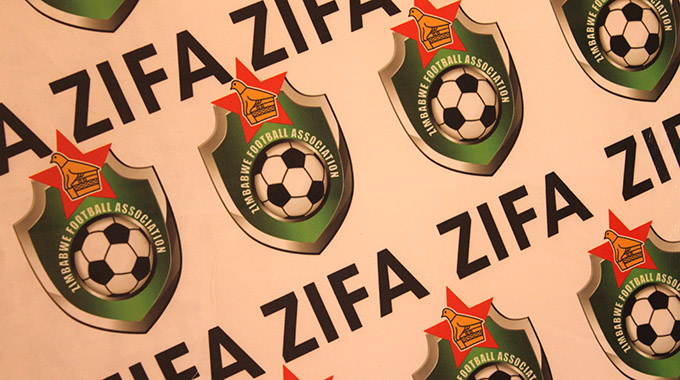EDITORIAL COMMENT: The ball is now in ZIFA’s court

THERE appears to be headway towards resolving the problems bedevilling the administration of local football after the long-awaited ZIFA Restructuring Committee (ZRC) report was released this week.
The report by the ZRC is a product of broader consultative processes with football stakeholders, during which engagement was sought from a general football audience to obtain insights into the state of football at various levels. So the findings contained in the voluminous report are a general reflection of the state of the game as seen by most of the stakeholders.
The Committee compiled detailed findings and made some key recommendations the game could adopt in order to get out of the current quagmire.
The common sentiment among the stakeholders was that the game is suffering because of institutional challenges at ZIFA House. It also came out that all the stakeholders engaged by the Restructuring Committee were in agreement that Zimbabwean football needed a reboot.
As the ZRC chairman, Blessing Rugara, put it, “the aspirations for a better ZIFA and therefore a better football in our country requires that we ask ourselves some basic questions.”
How do we define success as a football nation? Do we have the ambition to win a World Cup like Argentina or are we satisfied to be a sometimes participant in regional competitions?
How big a priority is football in the context of the national development agenda? If ZIFA is the problem, how do we fix ZIFA? Do we believe that ZIFA must be reformed?
Are we willing to do whatever it takes to ensure ZIFA delivers on its mandate to the people of Zimbabwe?
The answers to these questions (and others) are helpful in determining what strategic and tactical decisions must be made to progress our game.
“We, as the ZRC, have explored some of these questions with the people of Zimbabwe. Across the country we found a wealth of information, ideas, and solutions to Zimbabwe’s football problem. The people know the truth and they have the answers,” Rugara said.
The Restructuring Committee unearthed a lot of anomalies, ranging from the flawed and outdated ZIFA constitution, skewed electoral processes, the lack of proficiency by office holders, manipulation of systems, corruption, financial mismanagement, lack of development strategies and the wanton disregard of the needs of women’s football.
The challenges contained in the voluminous report are just too numerous to point at one by one.
This is the state of our football.
It got worse after ZIFA’s suspension by FIFA last year.
The development left Zimbabwean football grounded.
The current leadership of the Sports and Recreation Commission were bold enough to confront the challenges by establishing the ZIFA Restructuring Committee and also instituting a forensic audit into the ZIFA finances.
The recommendations have since been given to ZIFA and it’s now up to the football authorities to adopt or reject them.
But at the end of the day, Zimbabweans expect positive steps forward, especially after going through all that pain in trying to reform the game in this country.
But then how do we move forward as a nation?
There is danger that the recommendations put forward by the Restructuring Committee will gather dust on the shelves and the whole exercise will turn out to be another hollow talk show.
Those who should attend to these things, that is the ZIFA leadership, should take the leading role in ensuring the best outcome for our football before we even think of going back to international football. Strong structures should be in place so that Zimbabwe will be a great footballing nation in the not-so-distant-future.
Apart from adopting a new progressive constitution, ZIFA have been urged to enhance management and financial accountability at all levels, adopt legal prescriptions and standards for sports administration, ensure self-sustaining national team programmes autonomous from ZIFA and attract private sector interest in football by reforming ZIFA.
These recommendations should form the basis of a roadmap, with specific time-frames and milestones, for tangible implementation of reforms in football administration.
Because of its significance to the whole nation, the ZRC report is a matter of public record and can be downloaded from the Sports and Recreation website.
It is important for all Zimbabweans to read and understand it so that the stakeholders get an appreciation of the direction football should take in this country.
This makes the next ZIFA Congress key for national football development. Hopefully, wisdom will prevail and normalcy returns to domestic football.









Comments